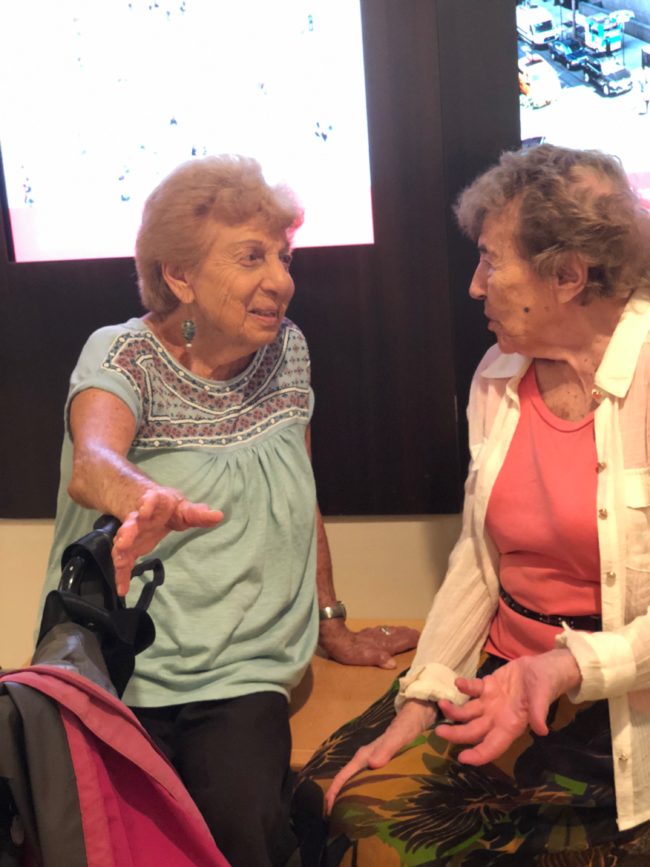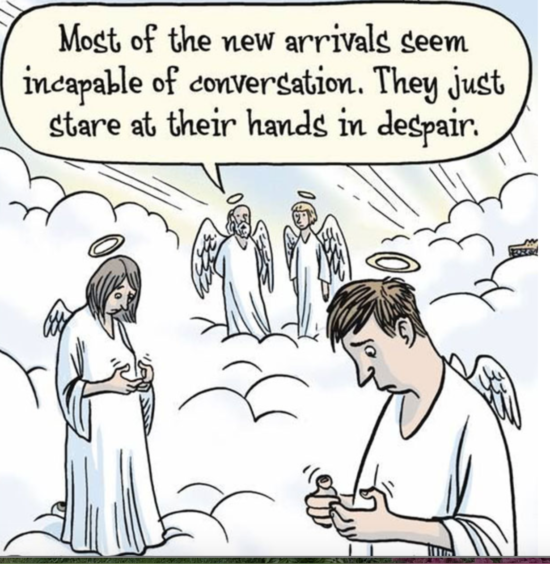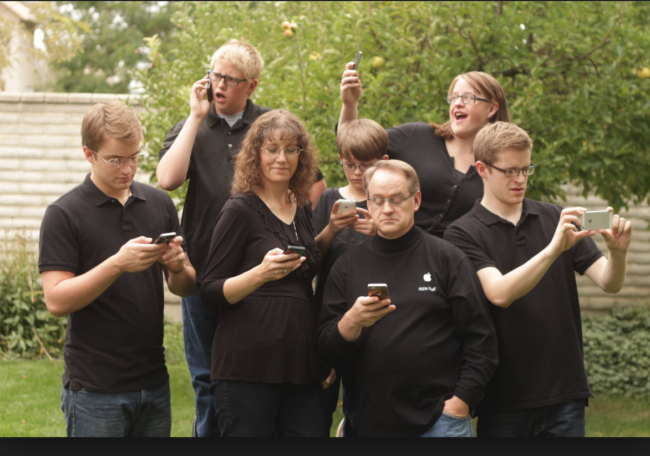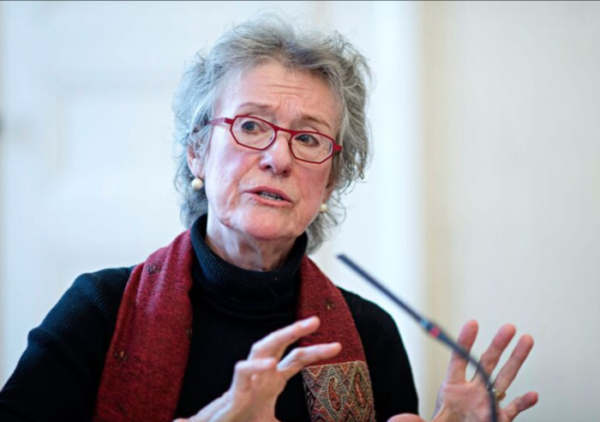“We’ve forgotten how to talk to each other,” laments Sherry Turkle in her latest book, “Reclaiming Conversation.”
Turkle lays the blame on smartphones, which have largely replaced in-person conversation, where “talk” is relegated to texts and emails. These short, scripted exchanges in cyberspace have replaced the deep connections that occurred when we met in real time.
How did texting become our primary form of communication, eclipsing in-person conversations?
The answer lies in the phone culture, which creates addictive behavior. It makes us frantic to be current. We worry that we’ll miss something if we aren’t constantly checking our texts, emails or our favorite Twitter sites. In the rush to be up-to-date, the brevity of texts is appealing. A short message leaves more time for Facebook, Instagram, or Twitter.
Turkle contends, “We have sacrificed conversation for mere conversation.”
In her interviews with young people, they admitted that the immediacy of in-person talk makes them anxious, while texts offer time to craft a response and get it right. Even families have opted for texting to settle arguments because it allows them to feel more in control. Why is everyone so afraid of showing their authentic selves who get angry, hurt and embarrassed? Have we really become this fragile?
Texting pays a price. Turkle found that today’s young people suffer from an “empathy gap.”
Deprived of face-to-face conversation, they miss the cues from facial expressions. When you can’t see a troubled expression in the other, it’s easy to overlook their feelings.
All is not lost. There are adjustments we can make to reclaim conversation. First, we have to admit to our phone addiction and practice digital detox. I have a friend who leaves her phone at home when she’s out to dinner. Another friend has vowed to call her friends rather than text. I’m trying to create a phone free zone in my daily life, where I restrict my screen time to a few hours a day. I never dreamed it would be this hard!
In my experience texting is a poor substitute for face-to-face conversations. When a friend gives me a hug for feeling heard, or when she offers caring words for my story, I feel enhanced beyond anything a text can deliver. Turkle reminds us: “One of the most important gifts you can give someone is your attention, so practice giving it.”

Bea and Randi, both in their 90s, friends for decades, who relish their long, intimate conversations
Meaningful conversation is dependent on attentive listening and a sense of curiosity, where one is challenged to take-in a different perspective. Arlie Hochschild, author of “Strangers in Their Own Land,“ is a shining example of active listening to understand those with whom one has little in common. Wanting to grasp Trump’s appeal, Hochschild embedded herself in Lake Charles, Louisiana, which she selected for its large Tea Party presence. Hochschild interviewed families, individuals and business owners, who described feeling ignored by their elected officials. When Trump spoke to them, they felt recognized for the first in a long time.
At a time when our country is more divided than ever, it’s vital that we employ Hochschild’s example to listen to those with whom we disagree. This is a very grown-up challenge. We have to muzzle our reactive responses and be fully present to the other. When the hard work of deep listening leads to new understandings, compassion can replace the knee-jerk reactions dominating our national discourse.
I miss my long, rambling grad school conversations. Without phones to distract us, we were able to solve all the world’s problems. We weren’t constantly being interrupted by beeps that signal a text or email. We were fully present. Without a time machine to restore me to a more innocent period, I have memories to draw on to remind me of the rewards of deep conversations.



